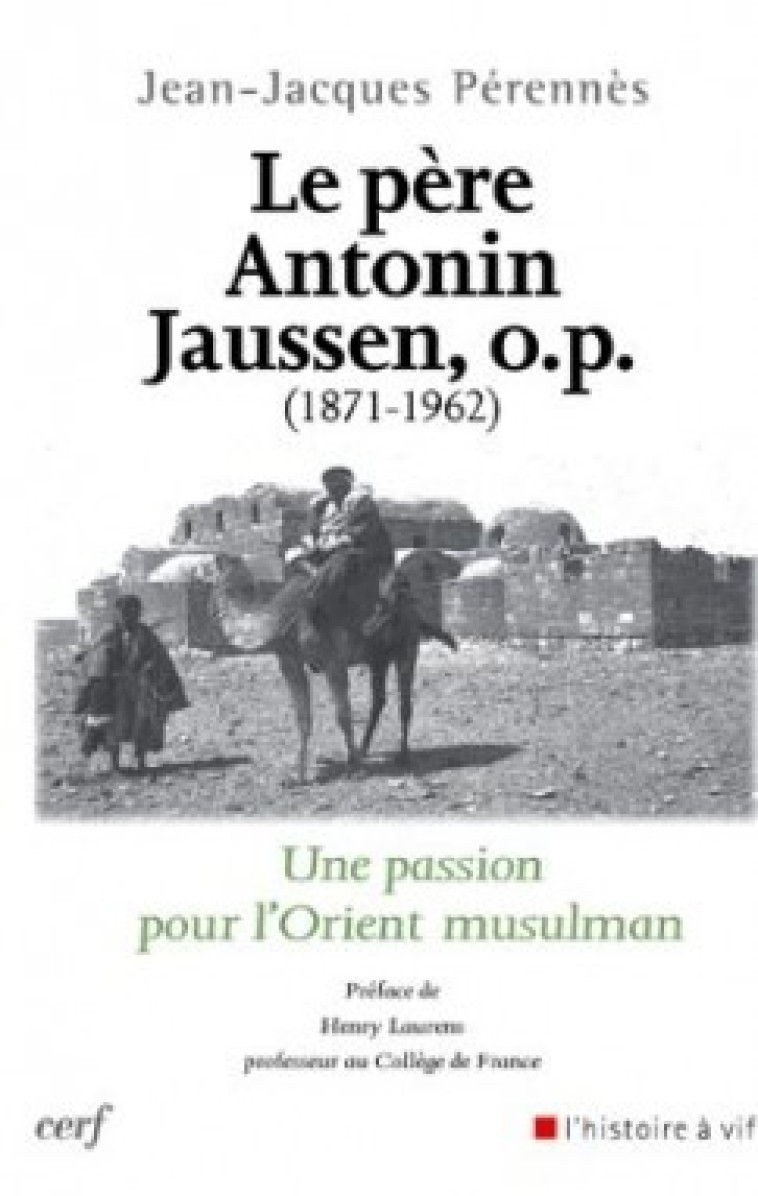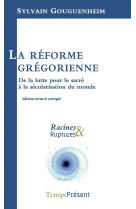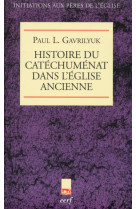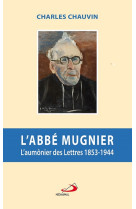--
How can one not be dumbstruck and lost in admiration by the life of Antonin Jaussen? Not only did he traverse the century which spanned the Franco-Prussian War to the rise of Nasserism and Pan-Arabism in the Middle East, but he himself lived through the most memorable episodes. Born in the Ardèche mountains and of modest origins, he was one of Père Lagrange's first companions at the time of the founding of the École biblique et archéologique française de Jérusalem and the Modernist crisis that shook the Catholic Church. During the First World War, his intimate knowledge of the East led to his being summoned to serve as an intelligence officer with the French troops in the Levant at Port Said, as well as with the British, which placed him at the heart of discussions on the future of the region at a time when the Western powers were sharing the remains of the Ottoman Empire. He rubbed shoulders with legendary personalities such as Lawrence of Arabia and Emir Faisal. The 1920s found him once again in Palestine, where he witnessed the frustration of the Arabs confronted with the installation of a Jewish homeland by the British, following the Balfour Declaration of 1917. In the early 1930s, at a time in life when most men are thinking of retirement, Jaussen set off for Cairo where he put all his strength into building a Dominican house which would, in 1953, become the Dominican Institute for Oriental Studies [Institut dominicain d'études orientales (IDEO)]. ‘Will the Order of Saint Dominic go back to its Muslim tradition?' was the ultimate obsessive fear for the man whose life-long passion had been the Muslim East.








